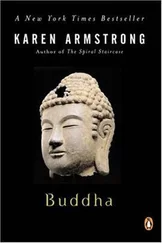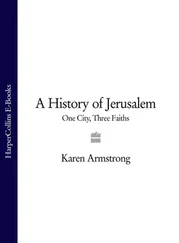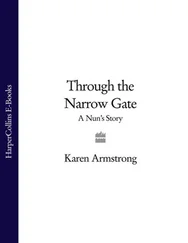MUHAMMAD
Prophet for Our Time
KAREN ARMSTRONG

For Sally Cockburn
Cover Page
Title Page MUHAMMAD Prophet for Our Time KAREN ARMSTRONG
Dedication For Sally Cockburn
Maps Maps
Introduction
Chapter One Mecca
Chapter Two Jahiliyyah
Chapter Three Hijrah
Chapter Four Jihad
Chapter Five Salam
Glossary
Notes
About the Author
By the Same Author
Copyright
About the Publisher
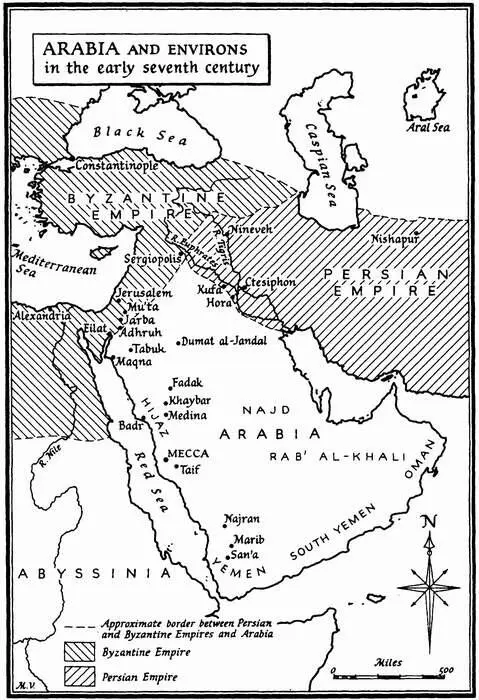
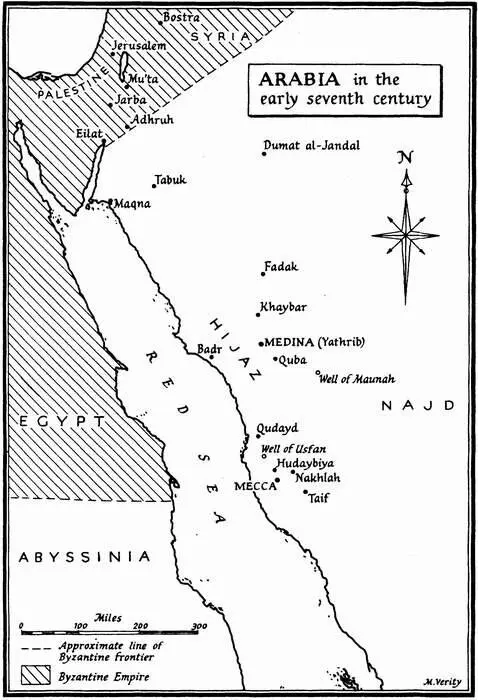
THE HISTORY OF A RELIGIOUS tradition is a continuous dialogue between a transcendent reality and current events in the mundane sphere. The faithful scrutinize the sacred past, looking for lessons that speak directly to the conditions of their lives. Most religions have a figurehead, an individual who expresses the ideals of the faith in human form. In contemplating the serenity of the Buddha, Buddhists see the supreme reality of Nirvana to which each of them aspires; in Jesus, Christians glimpse the divine presence as a force for goodness and compassion in the world. These paradigmatic personalities shed light on the often dark conditions in which most of us seek salvation in our flawed world. They tell us what a human being can be.
Muslims have always understood this. Their scripture, the Qur’an, gave them a mission: to create a just and decent society, in which all members were treated with respect. The political well-being of the Muslim community was, and is, a matter of supreme importance. Like any religious ideal, it is almost insuperably difficult to fulfill, but after each failure, Muslims have tried to get up and begin again. Many Islamic rituals, philosophies, doctrines, sacred texts, and shrines are the result of frequently anguished and self-critical contemplation of the political events of Islamic society.
The life of the Prophet Muhammad (c. 570-632 CE) was as crucial to the unfolding Islamic ideal as it is today. His career revealed the inscrutable God’s activity in the world, and illustrated the perfect surrender (in Arabic, the word for “surrender” is islam ) that every human being should make to the divine. Beginning during the Prophet’s lifetime, Muslims had to strive to understand the meaning of his life and apply it to their own. A little more than a hundred years after Muhammad’s death, as Islam continued to spread to new territories and gain converts, Muslim scholars began to compile the great collections of Muhammad’s sayings ( ahadith ) and customary practice ( sunnah ), which would form the basis of Muslim law. The sunnah taught Muslims to imitate the way Muhammad spoke, ate, loved, washed, and worshipped, so that in the smallest details of their daily existence, they reproduced his life on earth in the hope that they would acquire his internal disposition of total surrender to God.
At about the same time, in the eighth and ninth centuries, the first Muslim historians began to write about the life of the Prophet Muhammad: Muhammad ibn Ishaq (d. 767); Muhammad ibn ‘Umar al-Waqidi (d. c. 820); Muhammad ibn Sa’d (d. 845); and Abu Jarir at-Tabari (d. 923). These historians were not simply relying on their own memories and impressions, but were attempting a serious historical reconstruction. They included earlier documents in their narratives, traced oral traditions back to their original source, and, though they revered Muhammad as a man of God, they were not entirely uncritical. Largely as a result of their efforts, we know more about Muhammad than about nearly any other founder of a major religious tradition. These early sources are indispensable to any biographer of the Prophet, and I will frequently refer to them in these pages.
The work of Muhammad’s first biographers would probably not satisfy a modern historian. They were men of their time and often included stories of a miraculous and legendary nature that we would interpret differently today. But they were aware of the complexity of their material. They did not promote one theory or interpretation of events at the expense of others. Sometimes they put two quite different versions of an incident side by side, and gave equal weight to each account, so that readers could make up their own minds. They did not always agree with the traditions they included, but were trying to tell the story of their Prophet as honestly and truthfully as they could. There are lacunae in their accounts. We know practically nothing about Muhammad’s early life before he began to receive what he believed were revelations from God at the age of forty. Inevitably, pious legends developed about Muhammad’s birth, childhood, and youth, but these clearly have symbolic rather than historical value.
There is also very little material about Muhammad’s early political career in Mecca. At that time, he was a relatively obscure figure, and nobody thought it worthwhile to make note of his activities. Our main source of information is the scripture that he brought to the Arabs. For some twenty-three years, from about 610 to his death in 632, Muhammad claimed that he was the recipient of direct messages from God, which were collected into the text that became known as the Qur’an. It does not contain a straightforward account of Muhammad’s life, of course, but came to the Prophet piecemeal, line by line, verse by verse, chapter by chapter. Sometimes the revelations dealt with a particular situation in Mecca or Medina. In the Qur’an, God answered Muhammad’s critics; he reviewed their arguments; he explained the deeper significance of a battle or a conflict within the community. As each new set of verses was revealed to Muhammad, the Muslims learned it by heart, and those who were literate wrote it down. The first official compilation of the Qur’an was made in about 650, twenty years after Muhammad’s death, and achieved canonical status.
The Qur’an is the holy word of God, and its authority remains absolute. But Muslims know that it is not always easy to interpret. Its laws were designed for a small community, but a century after their Prophet’s death, Muslims ruled a vast empire, stretching from the Himalayas to the Pyrenees. Their circumstances were entirely different from those of the Prophet and the first Muslims, and Islam had to change and adapt. The first essays in Muslim history were written to address current perplexities. How could Muslims apply the Prophet’s insights and practice to their own times? When the early biographers told the story of his life, they tried to explain some of the passages in the Qur’an by reproducing the historical context in which these particular revelations had come down to Muhammad. By understanding what had prompted a particular Qur’anic teaching, they could relate it to their own situation by means of a disciplined process of analogy. The historians and thinkers of the time believed that learning about the Prophet’s struggles to make the word of God audible in the seventh century would help them to preserve his spirit in their own.
Читать дальше
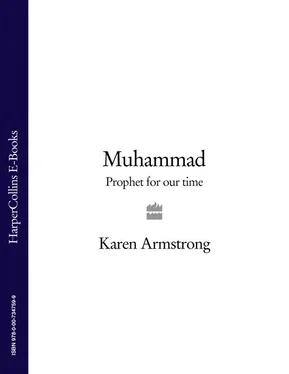



![Михаил Лермонтов - A Hero of Our Time [New Translation]](/books/27671/mihail-lermontov-a-hero-of-our-time-new-translati-thumb.webp)
